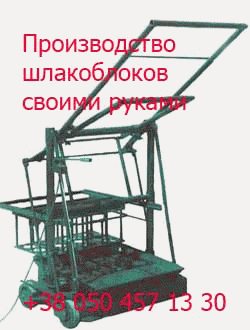SBS block copolymers degrade primarily via cross-linking. The thermal stability of SBS copolymers can be improved with the addition of a more effective stabilizer system. Figures 7 and 8 show gel formation and discoloration of a SBS copolymer stabilized
|
Figure 5 Discoloration of SIS polymer: yellowness index, days at 80°C (176°F). |
|
Figure 6 Viscosity stabilization of SIS polymer. Melt flow index (MFI), days at 80°C (176°F) MFI (g/10 min)-200°C/5 kg. |
|
Figure 7 Gel formation in SBS polymer: gel content, percent insoluble in toluene at 20°C (68°F). |
|
Figure 8 SBS polymer oven aging at 70°C (158°F): color formation, yellowness index. |
with different stabilizer systems after static oven aging at 70°C (158°C). As seen previously in SIS copolymers, a higher-molecular-weight, more effective stabilizer such as AO-3, alone or in combination with a secondary antioxidant, PS-1, provides superior color stability and resistance to gel formation than does the AO-1/PS-1 stabilizer system.
3. Stabilization of Carboxylated Styrene-Butadiene (X-SBR) Latices Carboxylated SBR latices are used as adhesives in applications where durability and flexibility are desired. Some of the major uses for X-SBR latex are in tufted carpet backing, paper coatings, wall and vinyl floor tile adhesives, and pressure-sensitive adhesives. Typically, discoloration is the first measure of the degradation of an X-SBR latex. Discoloration of a dried latex film can often be related to a loss of the physical properties and subsequently, to inferior performance in an adhesive formulation. Figure 9 illustrates the effects of adding an effective antioxidant system to an X-SBR latex on the level of discoloration as a result of static oven aging at 150°C (300°F). The addition of AO-4 alone
|
Figure 9 Discoloration of X-SBR latex: yellowness index, hours at 150 C (300 F). |
and a combination of AO-4 and AO-5 in a 1:1 ratio dramatically increases the resistance to discoloration compared to that of a traditional stabilization system such as AO-6 or AO-7.
 20 июля, 2015
20 июля, 2015  Malyar
Malyar  Опубликовано в рубрике
Опубликовано в рубрике 